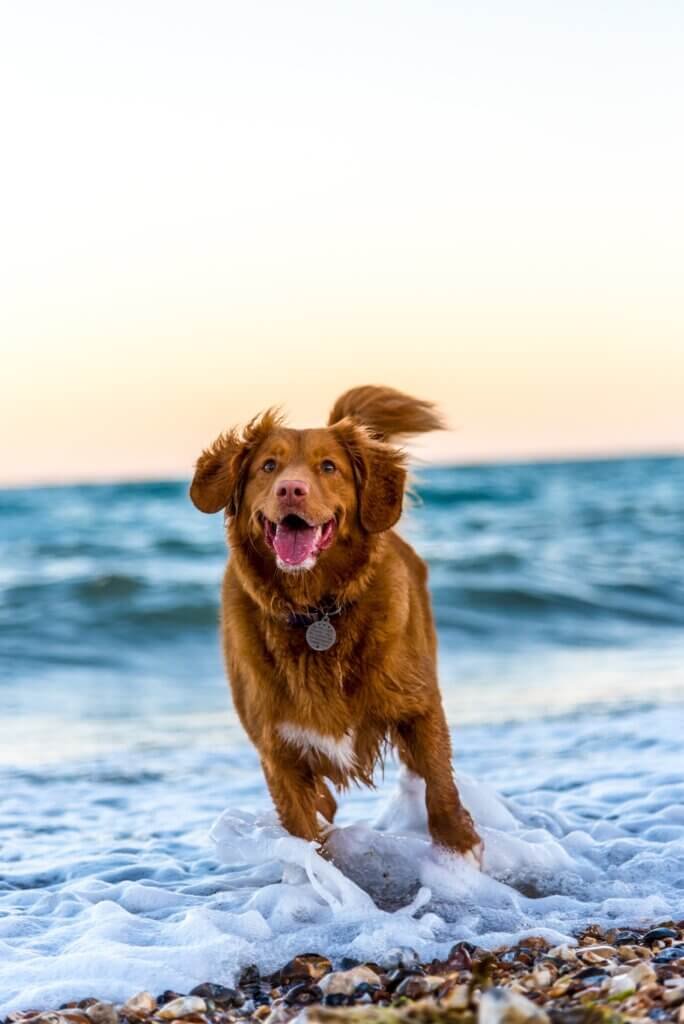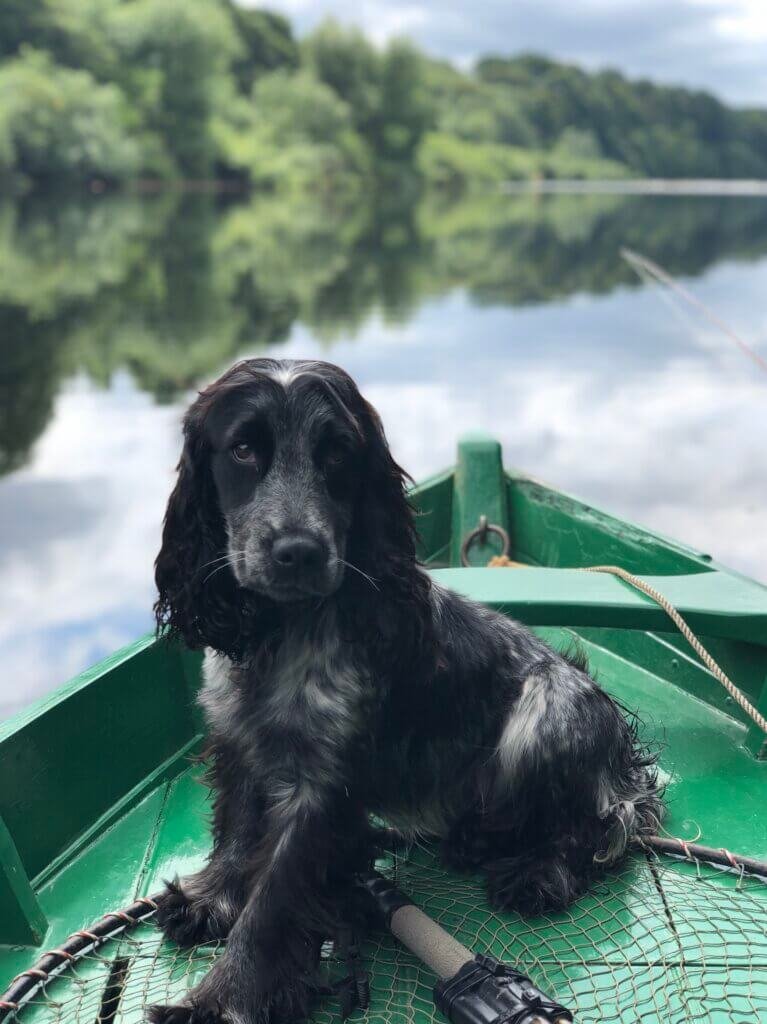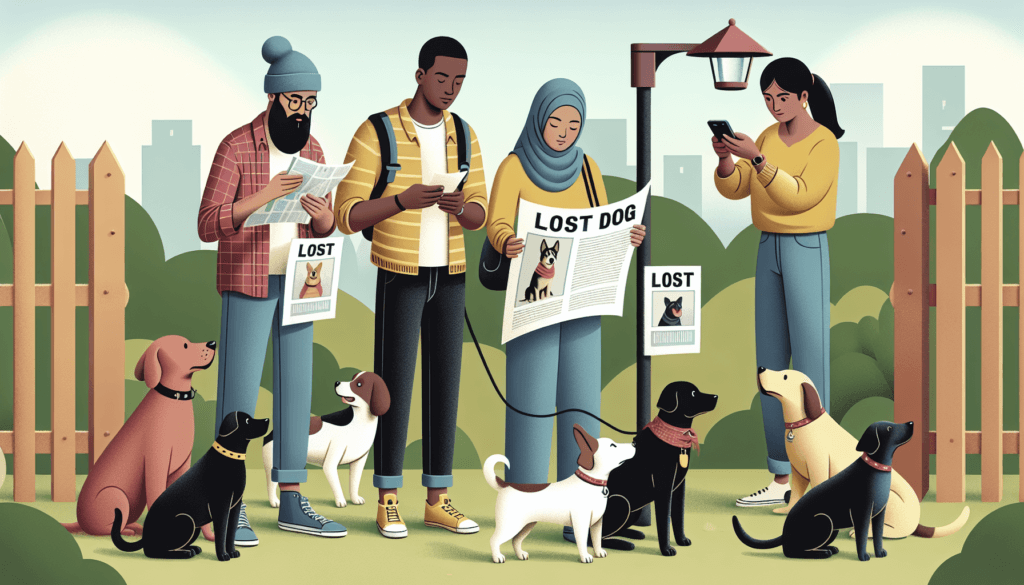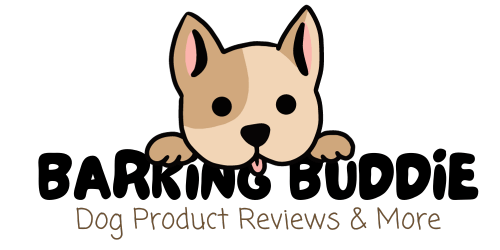Imagine the heart-wrenching feeling of losing your furry best friend. It’s a nightmare no pet owner wants to experience, but unfortunately, it does happen. Luckily, there’s a powerful ally that can come to the rescue – dog communities. These tight-knit groups of canine enthusiasts not only provide a sense of belonging, but they also have the unique ability to mobilize and assist in finding missing dogs. In this article, we will explore the ways in which dog communities can lend a helping hand during these distressing times, offering hope and support to worried pet owners everywhere.

Understanding the Importance of Dog Communities
When it comes to finding lost dogs, the importance of dog communities cannot be understated. These communities are built upon the shared love and passion for our furry friends, and they can be invaluable resources in reuniting lost dogs with their owners. By harnessing the collective power of dog owners, we can create a strong network that supports each other in times of need.
Building a Strong Network of Dog Owners
One of the key benefits of dog communities is the ability to build a strong network of dog owners. By connecting with fellow pet parents in your area, you can establish relationships that go beyond casual chats at the dog park. These connections can prove incredibly valuable when a dog goes missing, as fellow dog owners understand the unique bond we share with our pets and are often willing to lend a helping hand.

Utilizing Shared Knowledge and Resources
Within dog communities, a wealth of knowledge and resources can be found. From training tips and recommendations for local veterinary clinics to advice on dog-friendly parks and products, the collective wisdom of these communities is extensive. When a dog goes missing, tapping into this shared knowledge can provide valuable insights and guidance on how best to search for and locate your furry friend.
Creating Awareness about Lost Dogs
Raising awareness is crucial when it comes to finding lost dogs, and dog communities provide the perfect platform for spreading the word. Through various channels such as social media, community events, and word of mouth, fellow dog owners can be informed about the missing dog and help keep a lookout. By enlisting the support of the wider community, the chances of locating the lost dog increase significantly.

Utilizing Social Media Platforms
In today’s digital age, social media platforms have become powerful tools for connecting with people from all walks of life. When it comes to finding lost dogs, leveraging platforms like Facebook can be incredibly effective.
Leveraging Facebook Groups and Pages
Facebook groups and pages dedicated to dogs and dog owners are abundant. These online communities are filled with passionate pet parents who are ready to lend a helping hand. By joining relevant groups and pages, you can share information about your lost dog, ask for advice, and receive support from a network of likeminded individuals.
Joining Online Lost and Found Dog Communities
In addition to general dog-related groups and pages, there are also specific online communities dedicated solely to lost and found dogs. Joining these groups can be a game-changer when searching for a lost dog, as members are specifically there to offer assistance in locating and reuniting pets with their owners. Sharing details about your lost dog in these communities greatly expands the reach of the search effort.
Spreading the Word in Local Communities
While online platforms are powerful tools, never underestimate the impact of spreading the word in local communities. By engaging with your neighbors and raising awareness about the lost dog, you can tap into a collective sense of care and support.
Organizing Neighborhood Search Parties
One of the most effective ways to engage with local communities is by organizing neighborhood search parties. By rallying fellow dog owners and concerned community members, a search party can cover a wider area and increase the chances of finding the lost dog. Working together as a team, you can comb through parks, streets, and nearby areas, keeping an eye out for any signs of the missing pup.
Distributing Flyers and Posters
Another tried-and-true method of spreading the word is by distributing flyers and posters in the local area. These physical materials can catch the attention of pedestrians, motorists, and even other dog owners during their daily routines. Including a clear photo of the lost dog, relevant contact information, and any distinguishing features can significantly increase the chances of someone spotting and reporting sightings.

Collaborating with Local Animal Shelters
When a dog goes missing, it is crucial to reach out to local animal shelters and rescue organizations. These organizations have the infrastructure and resources to aid in the search effort.
Notifying Nearby Shelters and Rescue Organizations
As soon as you realize your dog is missing, it is important to notify nearby shelters and rescue organizations. Provide them with a detailed description of your dog, including any unique identifying features. This information can help staff members quickly identify your dog if it is brought into the facility.
Working Together to Find Lost Dogs
Collaborating with local animal shelters and rescue organizations is essential in finding lost dogs. These organizations often have extensive networks and can help circulate information about your dog to their staff, volunteers, and other members of the community. By working together, you can leverage their resources and increase the chances of a successful reunion.
Harnessing the Power of Dog Walking Groups
Dog walking groups, whether organized or informal, can play a significant role in the search for a lost dog. These groups consist of individuals who regularly gather to walk their dogs and are often familiar with the local area.
Informing Dog Walkers in the Area
Reaching out to dog walkers in the area is a great way to spread the word about a lost dog. Dog walkers are familiar with popular walking routes and may come across the missing dog during their regular outings. By informing them of the situation, you can enlist their eyes and ears in the search effort.
Enlisting Their Help in the Search
Dog walking groups can also be mobilized to actively participate in the search. By organizing coordinated efforts and assigning specific areas or routes to each group, a larger area can be covered and the chances of finding the lost dog are significantly increased. The power of many pairs of eyes actively looking for the dog cannot be underestimated.

Engaging with Professional Dog Trainers
Professional dog trainers possess a wealth of knowledge and expertise in working with dogs. Their insights can prove invaluable when it comes to finding lost dogs.
Seeking Assistance from Dog Training Experts
Dog training experts can offer guidance on behavioral patterns and instincts that may be helpful in locating a lost dog. They can provide valuable advice on techniques that can be used to attract or encourage the lost dog to come out of hiding. By seeking their assistance, you can tap into their expertise and enhance your search efforts.
Using Trained Dogs in the Search
Some professional dog trainers have specially trained dogs that can assist in finding lost dogs. These dogs are often trained in search and rescue techniques, and their acute sense of smell can help locate a lost dog even in challenging conditions. By enlisting the help of trained dogs, you can significantly increase the chances of finding your furry friend.
Involving Veterinary Clinics
Veterinary clinics play a crucial role in the lives of our pets. When a dog goes missing, engaging with local vet offices can be a vital step in the search process.
Contacting Local Vet Offices
Contacting local vet offices and informing them about your lost dog is important for several reasons. Firstly, if someone finds your dog, they may take it to the nearest vet office for a check-up and to scan for a microchip. Secondly, vets often have a strong network within the local community and can help spread the word about a lost dog effectively.
Requesting Their Support in Finding Lost Dogs
Vet offices can support the search effort by displaying posters and flyers in their waiting rooms and reception areas. They can also share information about the missing dog on their social media pages or websites. By involving vet offices in the search, you can tap into their network and increase the visibility of your search effort.
Coordinating with Local Authorities
When all other avenues have been exhausted, it may be necessary to involve local authorities in the search for a lost dog. Animal control and the local police department can provide additional resources and support.
Notifying Animal Control and Local Police
Contacting animal control and the local police is crucial if your dog is missing for an extended period or if there are suspicious circumstances surrounding the disappearance. Animal control officers and police officers have the authority to investigate and can often use their resources to aid in the search.
Collaborating to Locate Lost Dogs
By collaborating with local authorities, you can tap into their expertise and resources. Animal control officers and police officers may have access to databases and tools that can aid in the search efforts. By working together as a united front, you can increase the chances of locating your lost dog.
Promoting the Use of Microchips and ID Tags
Prevention is always key when it comes to ensuring the safety of our beloved pets. The use of microchips and ID tags is an essential aspect of responsible pet ownership and can significantly aid in the search for lost dogs.
Encouraging Dog Owners to Microchip their Pets
Microchipping your dog is a simple and painless procedure that can greatly increase the chances of reuniting with a lost pet. Microchips are tiny electronic devices that are implanted under the skin and contain a unique identification number. This number can be scanned by veterinarians, animal control officers, and shelters, enabling them to contact the owner and facilitate the reunion.
Highlighting the Importance of ID Tags
In addition to microchipping, ensuring that your dog wears a collar with visible ID tags is crucial. ID tags should include the dog’s name, your contact information, and any pertinent medical information. If your dog goes missing and is found by someone, the ID tags provide an immediate way for them to reach out to you and aid in the safe return of your pet.
Creating a Lost and Found Database
To streamline the search process and facilitate effective communication, establishing a centralized database for lost dogs is highly beneficial.
Establishing a Centralized Database for Lost Dogs
A centralized database for lost dogs can serve as a hub of information about missing pets in the local area. Dog owners can submit details about their lost dogs, including photographs and contact information. This database can be publicly accessible to aid in spreading the word and increasing visibility.
Facilitating Effective Communication
The centralized database allows for efficient communication between dog owners, community members, and relevant organizations. It can serve as a platform for updates on search efforts, reported sightings, and successful reunions. By facilitating effective communication, the database enhances the collective effort of the dog community in finding lost dogs.
In conclusion, dog communities play a crucial role in the search for lost dogs. By building strong networks, utilizing social media platforms, spreading awareness in local communities, collaborating with local animal shelters and authorities, engaging with professional dog trainers and veterinary clinics, promoting microchipping and ID tags, and creating a centralized database, dog owners can significantly increase the chances of finding their beloved pets. The power of a supportive and united dog community should never be underestimated when it comes to reuniting lost dogs with their owners. So, remember to reach out, engage, and leverage the strength of the dog community should you find yourself in the unfortunate position of searching for a lost dog.


